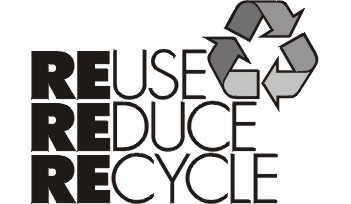
It’s almost a guarantee, no matter what your major, that your classes will eventually begin to overlap and build on each other. That is why it is so important to take full advantage of the work you’ve already put into past classes.
REUSING PAST PROJECTS
An important aspect of this system is the direct reuse of past projects. For example I remember taking an English class in which I needed to write a persuasive essay, in writing this essay I spent hours and hours researching a specific topic (in my case Nuclear Energy) and ended up doing very well on the paper. As a naive first year college student I discarded the paper once I received it back from the teacher. The next semester I needed to make a persuasive speech on a topic of my choice, and it hit me: I had already researched a topic (Nuclear Energy) the past semester and that there was no need to do it all over again. Fortunately, even though I had thrown away the paper, I had not deleted the file from my computer and was able to find it. Reusing the information I had previously found saved me hours of research and increased my confidence in the project because the original grade ensured the quality of my research.
REUSING PAST CLASSES AS A WHOLE
BLABLA
A chilling realization is taking a sequential class, such as calculus II, and discovering that you’ve forgotten most of calculus I. Fortunately, there is a very simple and effective way to avoid this problem and it consists of three steps:
- Make sure you keep all of the tests/classwork/homework throughout a semester.
- As you have each test in class, keep the relevant classwork/homework with that test and file it away.
- At the end of the semester take each test and it’s appropriate classwork/homework and put it in a manila folder labeled for that class.
If you follow these three easy steps it saves an incredible amount of time backtracking in future classes, and makes reviewing entire classes worth of work organized and simple.
REDUCING THE AMOUNT OF WORK YOU SAVE
In the above step 2. I make it a point to keep the relevant work only. This is where the reducing part of this system comes into play. If you end up with a huge unordered pile of paper and just file it all away, you’ll likely waste a substantial amount of time sorting through to find what you want in the future. Reducing the clutter to only what is absolutely necessary for understanding is crucial in streamlining the entire process so that you can spend the most time concentrating on the class you’re actually taking.
